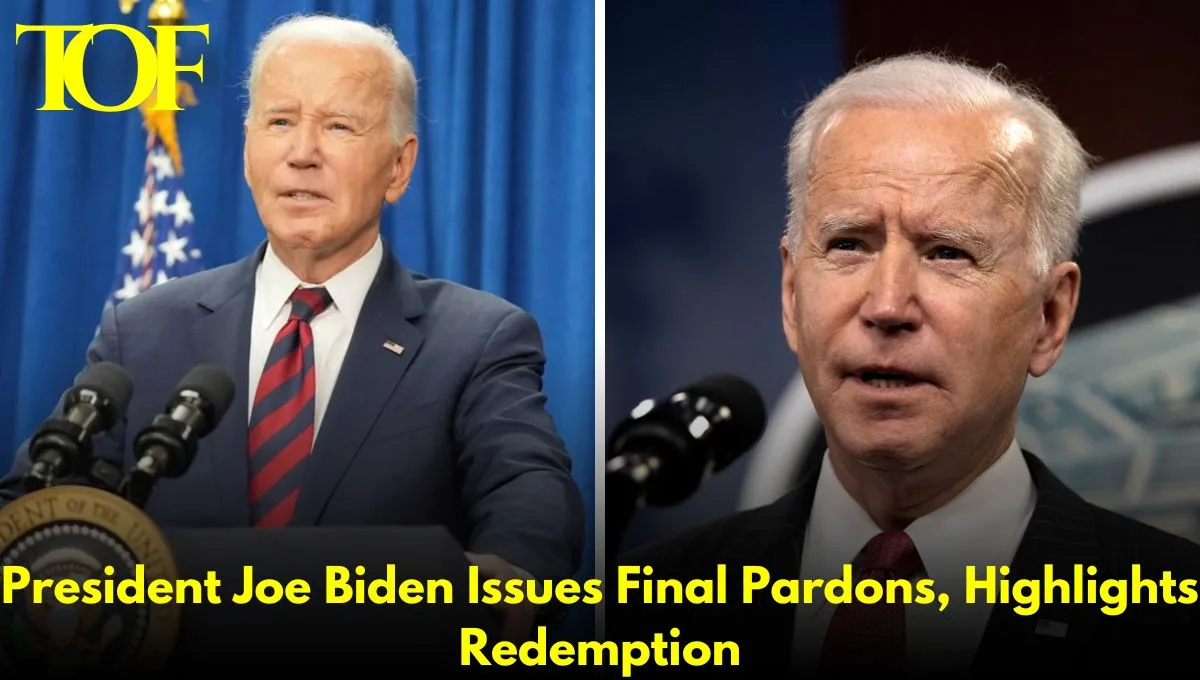On his last day in the White House, President Joe Biden granted a multitude of Final pardons and commutations, including one posthumous pardon to civil rights leader Marcus Garvey. In 1923, Garvey led the black nationalist movement with this having a substantial input into it, and this would be an exercise of his president’s prerogative on what is his best legacy.
Among those pardoned was Kemba Smith Pradia, who was a first-time offender when she received her 24.5-year prison sentence during the war on drugs. Pradia’s case represents systemic failures. Her sentence was commuted by President Clinton in 2000. Now, more than two decades later, she has been granted a full pardon. The president also pardoned Robin Peoples and Michelle West, two-lifetime serving criminals whose crimes were committed in the 1990s. Both had rehabilitated their self and received great support from rights activists across the civil world.
The various pardons reflect the broader thrust of efforts from President Biden to reverse sentencing disparities that have fallen against minority communities for far too long. Throughout his term, he granted thousands of pardons and commutations, the most of any president, in a bid for fairness in the justice system.
In her comments on clemency decisions, Janai Nelson, President of the NAACP Legal Defense Fund, acknowledged: “These pardons draw attention to the systemic failures of the criminal legal system and the value of second chances.”.
Addressing the Royal Missionary Baptist Church in Charleston, South Carolina, Biden addressed the power of redemption: “These acts and pardons reflect not only the possibility of personal transformation but also our nation’s possibility for justice and mercy,” he said.
As President Joe Biden departs office, his last acts of clemency represent what defines him about injustice and reconciliation within the justice system.
To Read More: Global

